The 2020 presidential election among Hills students
While only a slim percentage who responded said they were eligible to vote, nearly all of those who were ineligible said they would if they were eligible, showing large interest in this year’s high-stakes election.
Designed by Jared Mitovich
171 students in total –– around 20% of the Hills student body -– responded to the survey.
aDVERTISE HERE
With voting in the 2020 election concluding on Nov. 3, the Trailblazer conducted a poll of the Pascack Hills student body to understand their preferences. While only a slim percentage who responded said they were eligible to vote, nearly all of those who were ineligible said they would if they were eligible, showing large interest in this year’s high-stakes election. 171 students in total –– around 20% of the Hills student body –– responded to the survey. The poll was conducted from Oct. 28 to Oct. 30 and was emailed to all students.
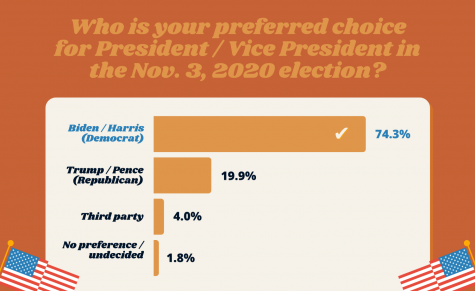 Biden has wide lead among Hills students who responded
Biden has wide lead among Hills students who responded
It appears that Hills is no battleground in this year’s election. When asked for their preferred presidential and vice-presidential choice, 74.3% of respondents said they preferred former Vice President Joseph R. Biden and Senator Kamala D. Harris for President and Vice President, respectively, while 19.9% said they preferred President Donald J. Trump and Vice President Mike R. Pence.
Around 4% said they were undecided, and the remaining respondents indicated third party preferences such as Jo Jorgensen or Kanye West for president. Jorgensen is running as a Libertarian, while West is not considered a serious candidate and is not featured on most state ballots. There was also a vote for Howie Hawkins, running under the Green Party.
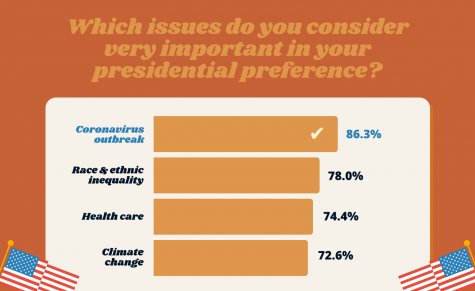 Covid-19, race & ethnic inequality are students’ top issues
Covid-19, race & ethnic inequality are students’ top issues
An overwhelming 86.3% of students stated that an important factor for their presidential preference was determined by the coronavirus outbreak, not surprising considering the heightened coronavirus case numbers in the United States leading up to the election. The country recorded just shy of 100,000 cases on Oct. 30, setting a new record and pushing the total cases to over 9 million (Johns Hopkins University). In addition, Hills is one week into fully remote instruction after two students tested positive for Covid-19; the school is scheduled to reopen in-person on Nov. 9.
Other top priorities for voters included race & ethnic inequality, healthcare, and climate change, all political priorities for young voters and Gen Z. Below are the full results.
- Coronavirus outbreak: 145 responses (86.3%)
- Race & ethnic inequality: 131 (78%)
- Health care: 125 (74.4%)
- Climate change: 122 (72.6%)
- Abortion: 120 (71.4%)
- Gun policy: 114 (67.9%)
- Economy: 106 (63.1%)
- Immigration: 106 (63.1%)
- Supreme Court appointments: 106 (63.1%)
- Economic inequality: 86 (51.2%)
- Violent crime: 84 (50.0%)
- Foreign policy: 70 (41.7%)
4.8% of respondents wrote in other issues including LGBTQ+ rights, women’s rights, and the wage gap. The issues polled were the same as those polled in a recent national survey conducted by Pew Research Center.
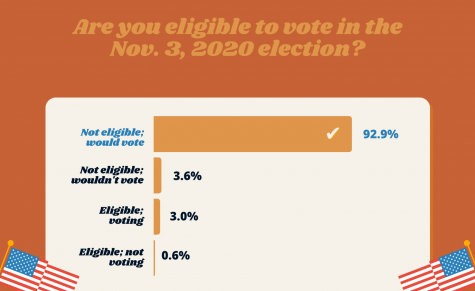 Most respondents ineligible to vote
Most respondents ineligible to vote
Of the respondents, 92.9% are not eligible to vote as they are under the age of 18, but stated that they would vote if they were able to. 3.6% of ineligible voters stated that even if they were able to vote, they would not participate in voting in the presidential election. Only 3% of respondents were eligible to vote and are voting in the election, but those respondents comprised 83% of those who said they were eligible.
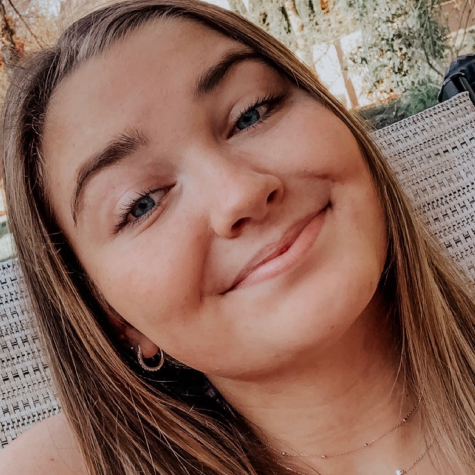
Mackenzie Blowers is a senior at Hills and is excited to be Editor-in-Chief of the Trailblazer along with Jared Mitovich. Before becoming Editor-in-Chief, Blowers edited the College Corner section of the Trailblazer and helped manage the paper's social media. She's looking forward to working with the Trailblazer staff to continue reporting with Hills Pride.
Fun fact: She loves to travel and collects pins from every city and country she visits!
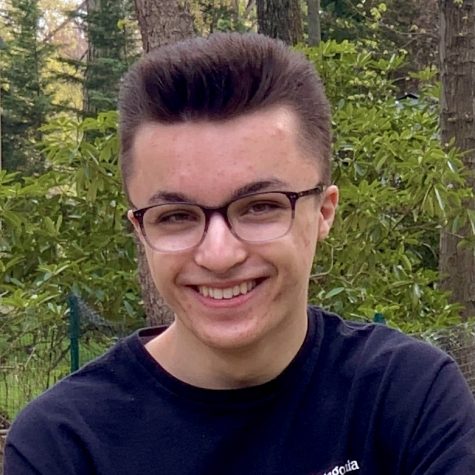
Jared Mitovich joined the Trailblazer his freshman year as a staff writer. He has helped manage the Trailblazer's social media since his sophomore year, and in his junior year he edited the Opinion section. Now in his final year of high school, Mitovich is looking forward to working with Mackenzie Blowers as Editor-in-Chief along with the entire Trailblazer staff. You can follow him on Twitter at @jmitovich!
Fun fact: Mitovich once met a presidential candidate.








































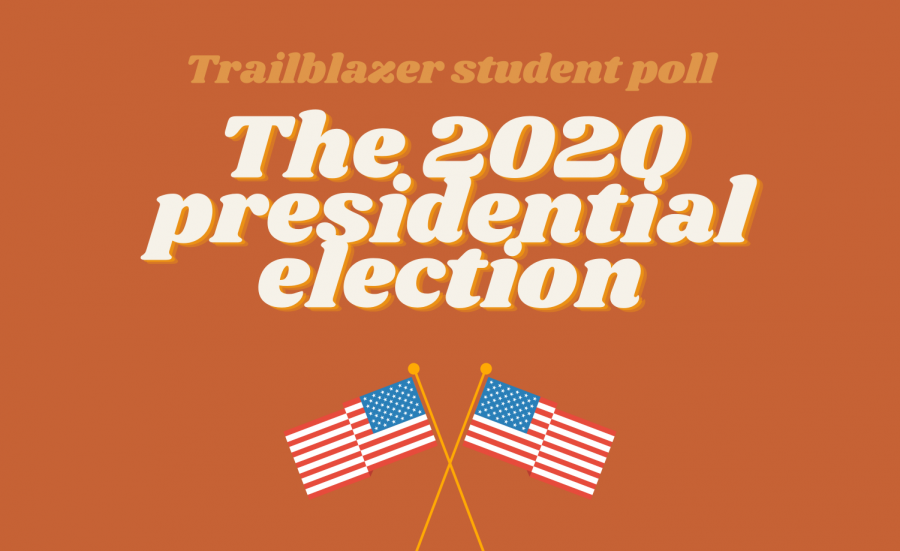

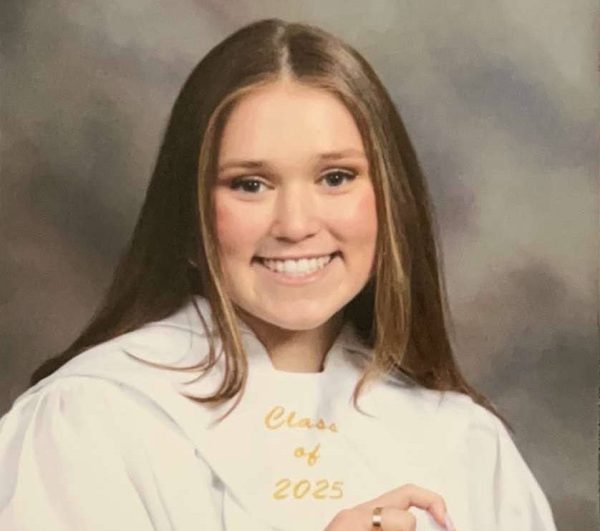

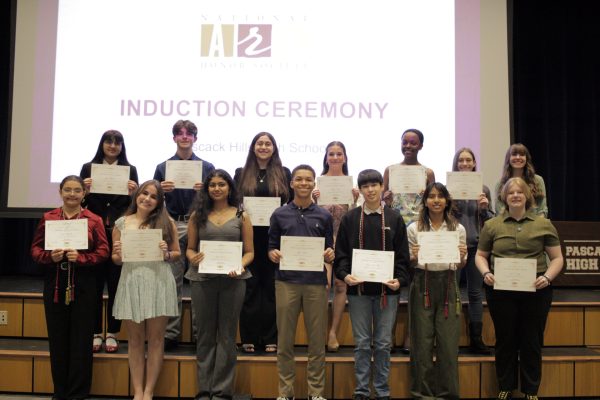
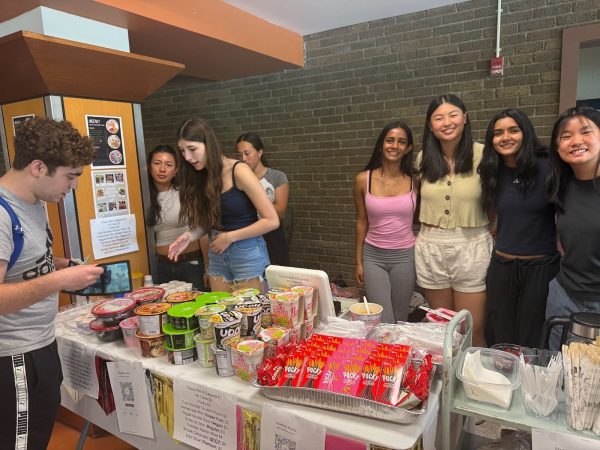
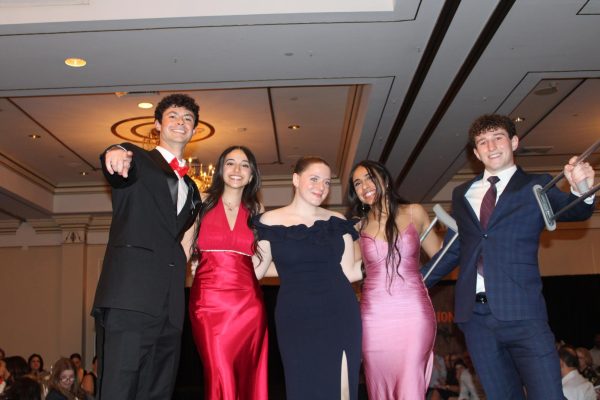
Hills Alumni • Nov 2, 2020 at 3:23 PM
Those who cite Trump’s “Covid” issues are the same kid’s who go out and party and then criticize Trump for spreading Covid. Best part is, the parents who LET their kid’s go out and party are also the same parent’s who tear apart Trump’s response to Covid. As for “Race and Ethnic” inequality issues, I pose a good point to consider. If Trump is so blatantly “discriminatory” and “against minorities”, than why are there tons (and growing) of minorities and LQBTQ+ community members who support Trump? Do you really believe that people would support someone who discriminates against themselves? The answer is no – they wouldn’t, therefore there has to be more to the story. It’s sad how this generation (and I’m apart of this generation) is so blinded and swayed by the rampant misinformation, and even worse, disinformation, prevalent on social media. I see it first hand, 90% of the posts that kid’s repost on their story are either 1. blatantly false, or 2. taken out of context/misconstrued. Sad!